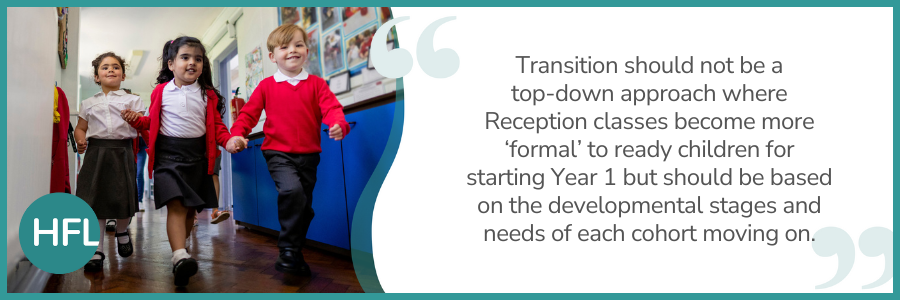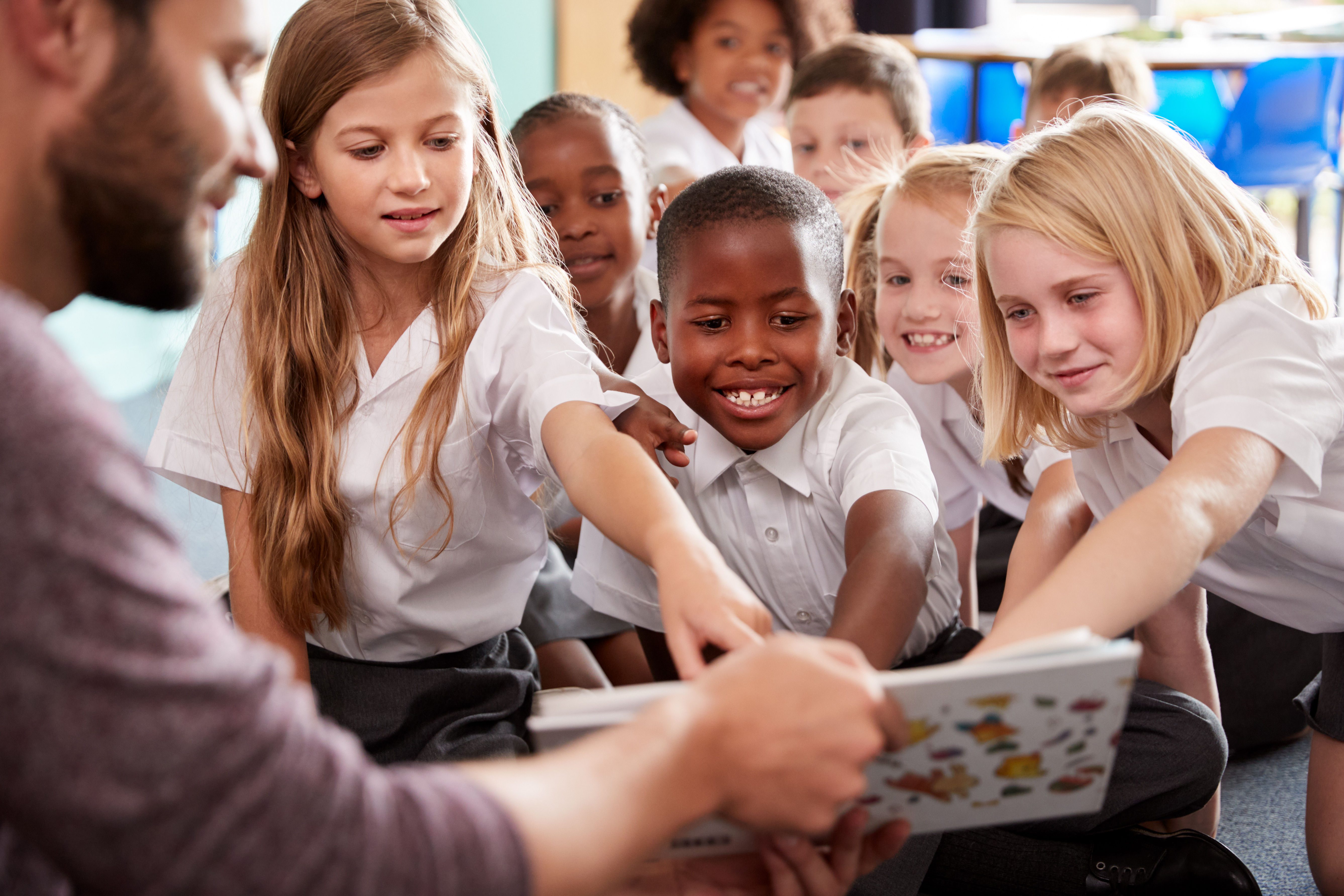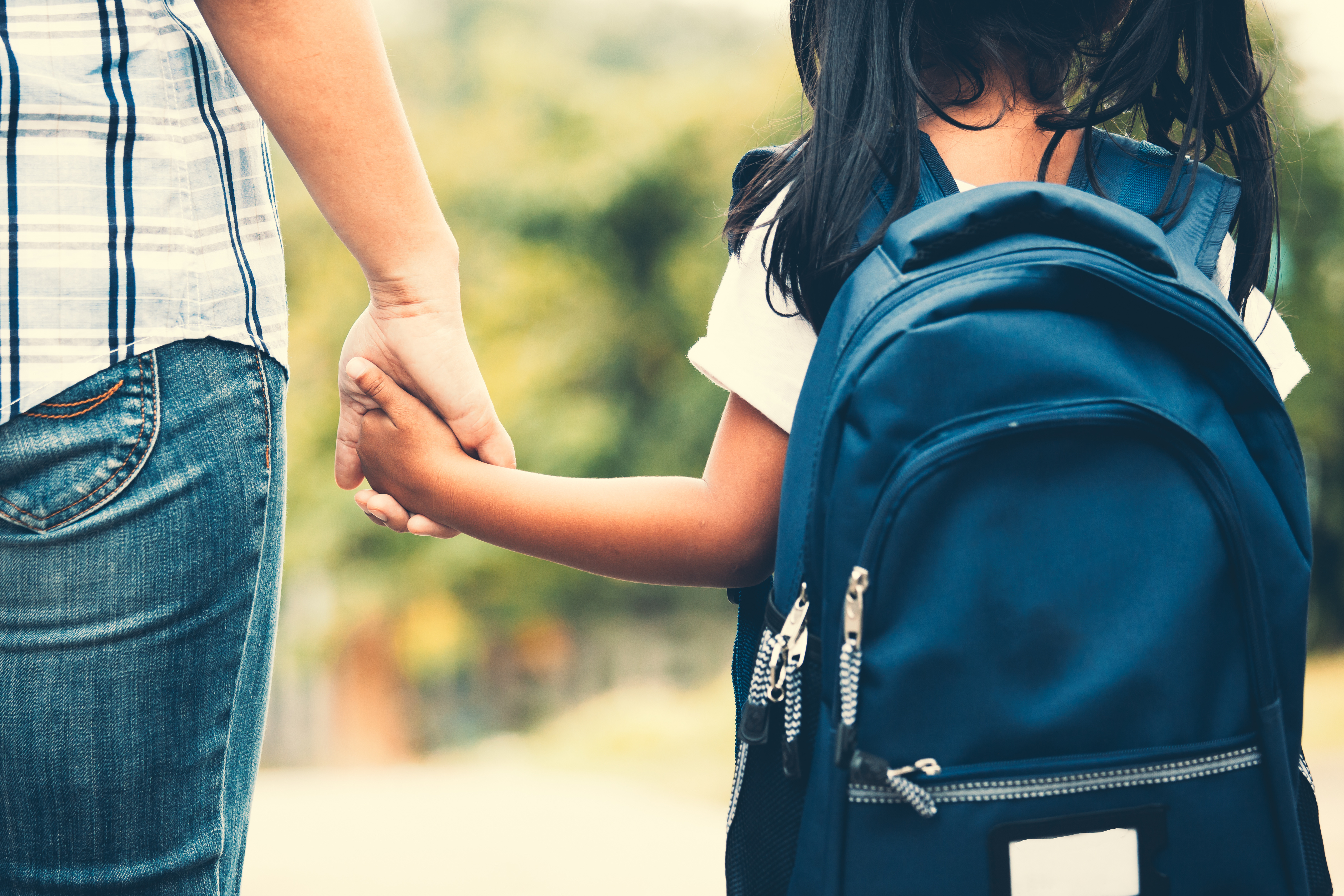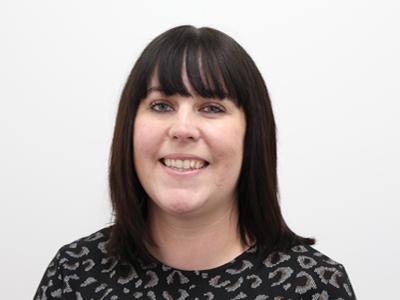
As we approach the end of another school year, amongst the completion of assessments, planning of trips and numerous end of year events, there are a group of children about to embark on the next step of their educational journey. Reception class practitioners have spent the last year nurturing their cohort’s thirst for knowledge, learning and development through a carefully designed curriculum, implemented through experiences linked to their interests and needs. The question that needs to be answered now is, are the children prepared to access the curriculum in Year 1?
“Transition from reception to Year 1 is a process not an event.” Alistair Bryce-Clegg. This means that Year 1 practitioners require a fundamental understanding of early years and child development to ensure what they are providing is appropriate and enables every child to succeed. Effective transition between year groups as well as following the principles of the early years foundation stage (EYFS) will ensure the needs of all children are met and that children settle well into Year 1.

Here are some strategies that schools could implement to establish effective transition from Reception to Year 1.
Year 1 adults visiting children in Reception
Ensure that adults working in Year 1 drop in to see children in Reception engaged in both child initiated learning (CIL) and adult led (AL) sessions. Ideally this would happen throughout the whole year to build relationships and gain an understanding of what learning looks like in Reception.
Reception children visiting the Year 1 environment
Most schools provide reception children the opportunity to visit the Year 1 classroom on a ‘transition’ or ‘move up’ day. It would be beneficial if children could experience the environment weekly in the second half of the summer term on an informal basis such as for story time. Reception teachers could then encourage children to look out for important features such as the toilets or pegs.
Enhanced transition procedures
Consider referring to transition procedures that were effective when children started Reception such as booklets featuring photos of the environment or providing visual routines in advance. Vulnerable children would benefit with these as they move into Year 1 to share with families during the summer holidays.
Transition information for parents/carers
Parents/carers can be anxious about their child moving to Year 1 and rely heavily on the school for information. Consider hosting an informal coffee morning to explain the changes or add transition information to weekly newsletters. In the autumn term a ‘meet the teacher’ style meeting would be beneficial to outline plans for the year ahead.
Thorough handover
Reception and Year 1 practitioners will require sufficient time to conduct a thorough handover, not only to discuss attainment but to pass on holistic information about each child. The way in which children learn, their interests, friendships and home circumstances will impact how children settle in their new class.
Making appropriate adjustments
The routine at the end of the reception year should also be the routine for September in Year 1. Discussions with the Reception class practitioners around how the routine has been adjusted through the year will equip Year 1 practitioners with how they can manage this successfully too. The curriculum implementation should be reviewed to reflect the developmental stage of the children. Possibly the biggest and most daunting adjustment should be made on the environment to incorporate continuous provision that reflects the experiences of being in reception.

Transition should not be a top-down approach where Reception classes become more ‘formal’ to ready children for starting Year 1 but should be based on the developmental stages and needs of each cohort moving on. Practitioners need to work in collaboration to ensure appropriate provision is in place when children start Year 1.



